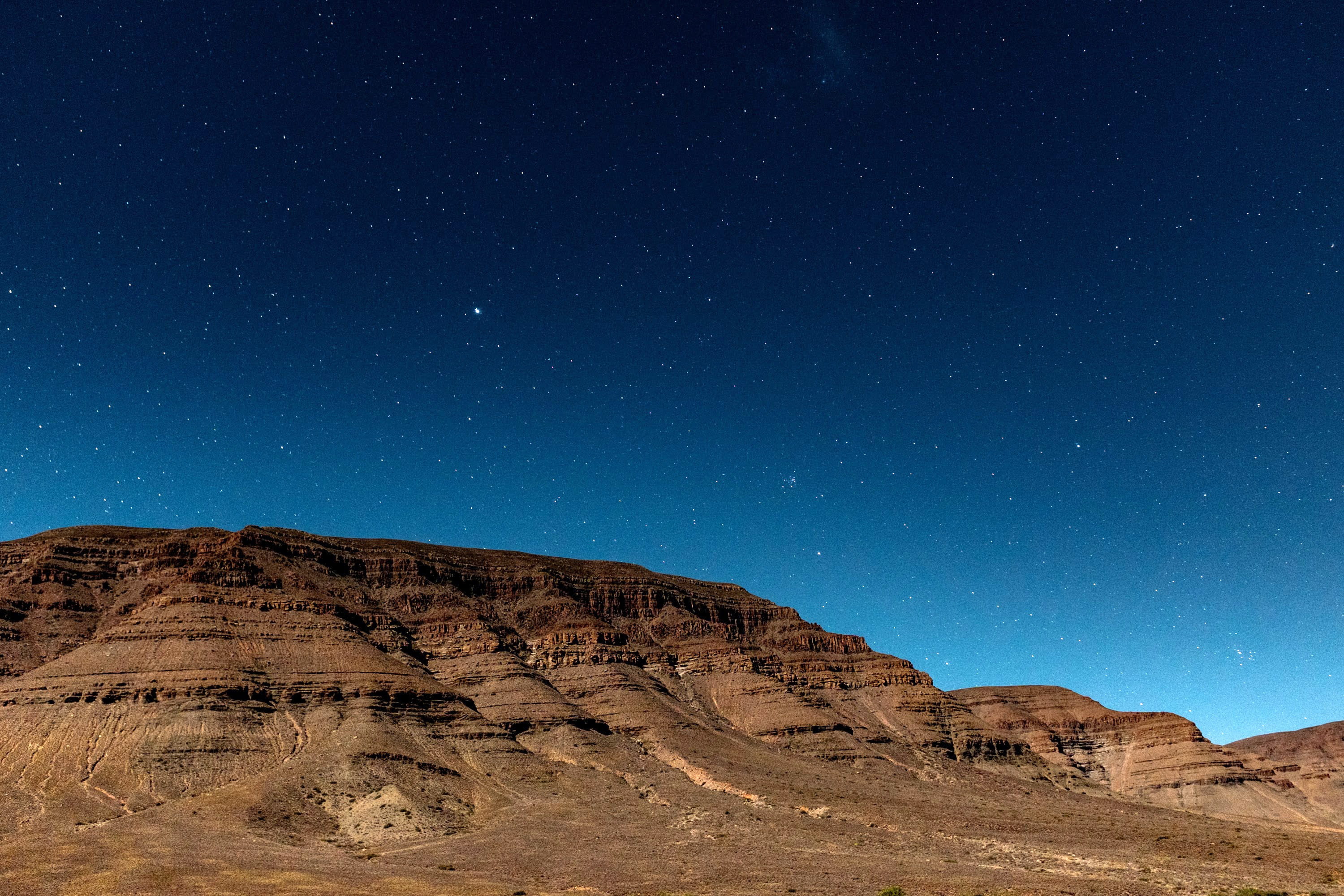Growing up, Motheo Koitsiwe used to listen to his grandmother tell stories about the night sky. She spoke of selemela (the Pleiades), molalatladi (the Milky Way), mphatlalatsane (Venus), and ngwedi (the Moon).
These stories were not just meant to entertain. For the ancestors of the Batswana people who live in Botswana and South Africa today, celestial objects and their movement through the night sky had practical significance: they marked the passage of time or when to plant crops, and women used the phases of the moon to plan conception.
But that knowledge is at risk of being lost, says Koitsiwe, a researcher and lecturer at the North-West University in South Africa, who last year became the continent’s first recipient of a PhD in indigenous African astronomy. He is on a mission to bring indigenous African astronomy back into the mainstream by documenting and preserving it before it is gone.
For his thesis, Koitsiwe worked with the Bakgatla-Baa-Kgafela, an indigenous Batswana community. He found that indigenous knowledge experts, known as baitseanape ba kitso ya setso, are repositories of the community’s starlore, which is passed down through generations via oral traditions like the stories told by his late grandmother. Koitsiwe interviewed many indigenous experts whose knowledge, he says, is often “negated [and] not well documented, especially in the local language”.
Historically, modern scientific astronomy has developed at the expense of African indigenous astronomy, called bolepa-dinaledi in Setswana, the language of the Batswana, Koitsiwe says.
But with Southern Africa becoming a crucible of astronomy activity in recent years—South Africa is hosting the Square Kilometre Array telescope with Australia—and with countries like Ghana building astronomical observatories, interest in indigenous African astronomy has risen apace. By tying astronomy to ancient African knowledge, scientists think more young Africans might be enticed to study the subject. There are also efforts to ‘decolonise’ astronomy, which some see as a Western discipline.
That includes the study of indigenous astronomy, Koitsiwe says. While there have been previous attempts to record indigenous African astronomical beliefs and wisdom, this has mainly been undertaken by foreign researchers who understood little of the communities’ language, culture and traditions, as well as the socio-cultural protocols of conducting research in indigenous communities, he says.
The next step in Koitsiwe’s research will be to translate his PhD thesis into Setswana. He also plans to engage with government officials to have indigenous astronomy included in the national curriculum, alongside modern astronomy. Ultimately, he plans to push for the establishment of an African Indigenous Astronomy Centre, focusing on research, curriculum development, community engagement, and knowledge brokerage.
Roy Maartens, a cosmologist at the University of the Western Cape in South Africa, welcomes Koitsiwe’s efforts. “It is worthwhile for astronomy—and all sciences—to be aware of the historical and social contexts in which they operate,” he says. He notes that it is also important for current large astronomy projects and observatories to be aware of the “colonial genocide and dispossession” that laid the basis for modern science.
